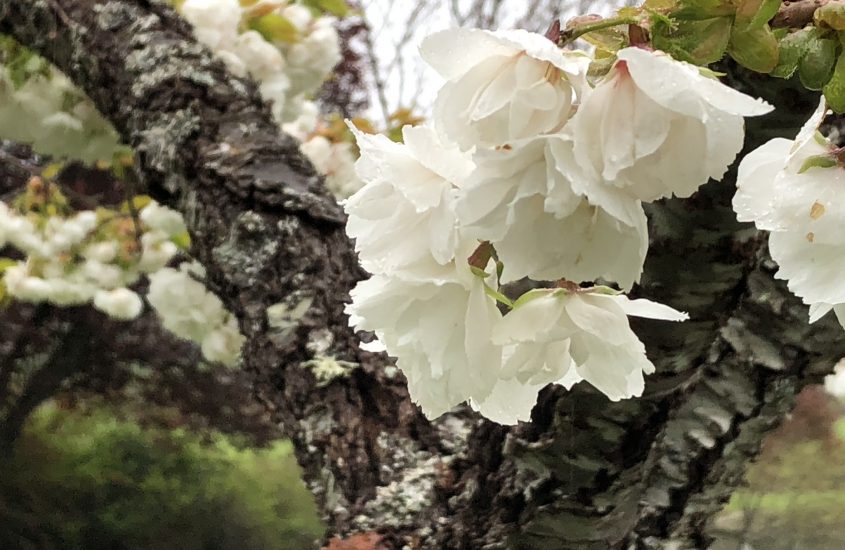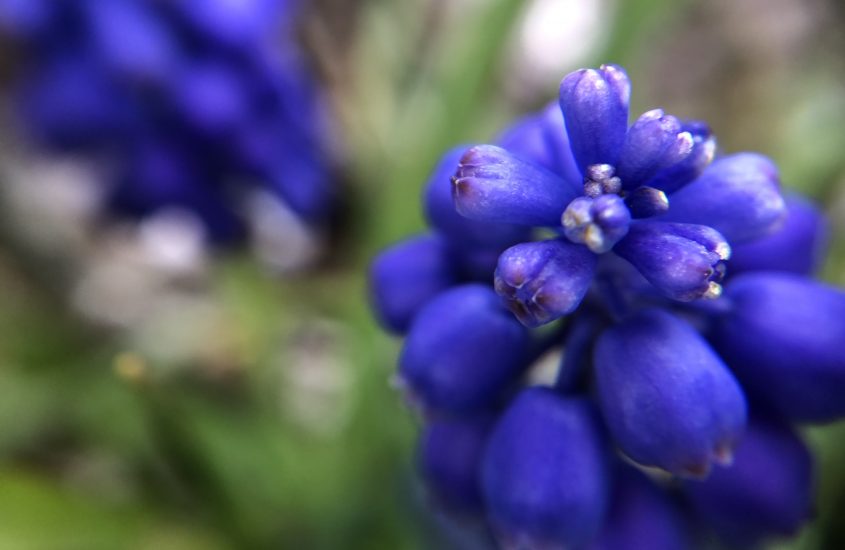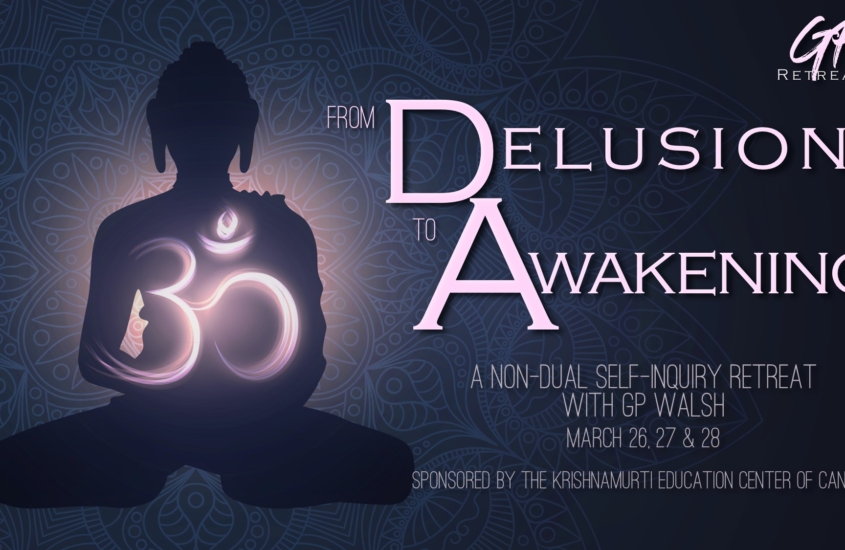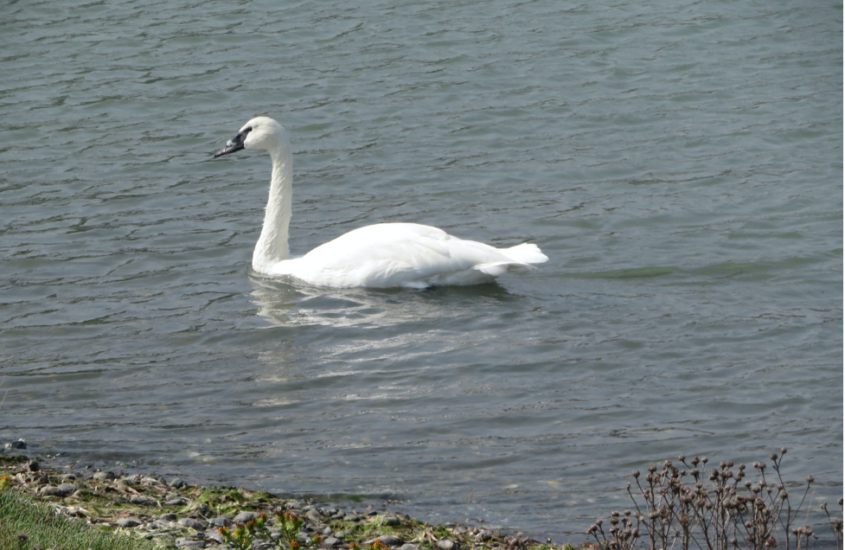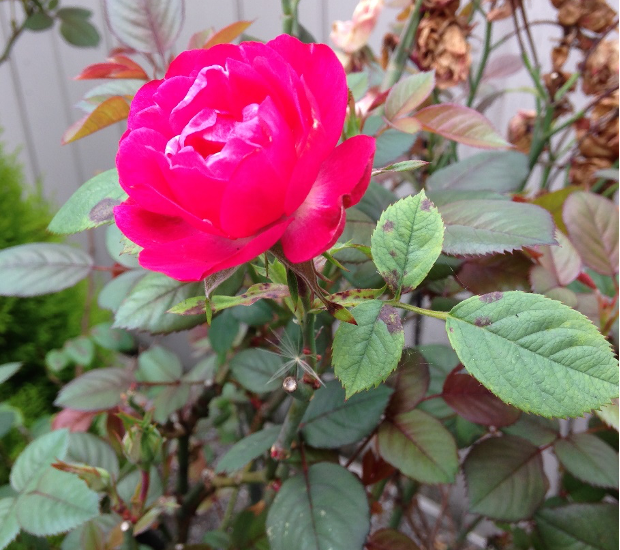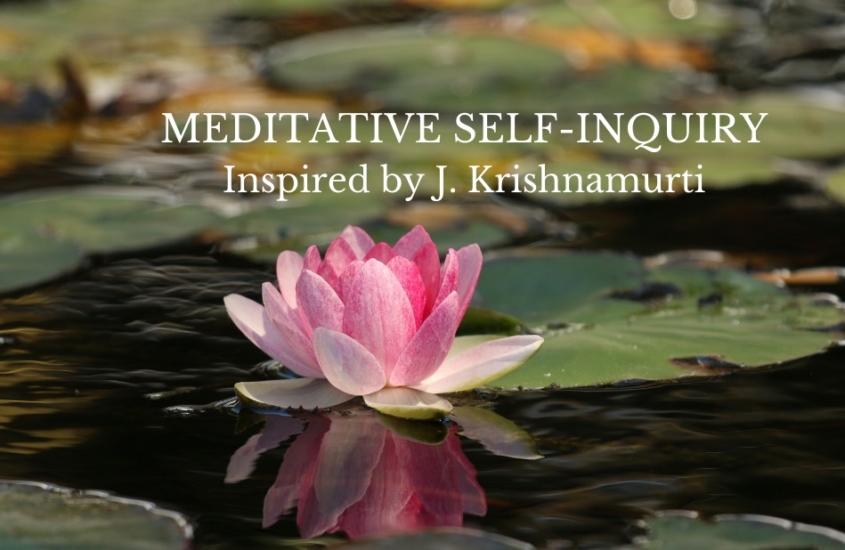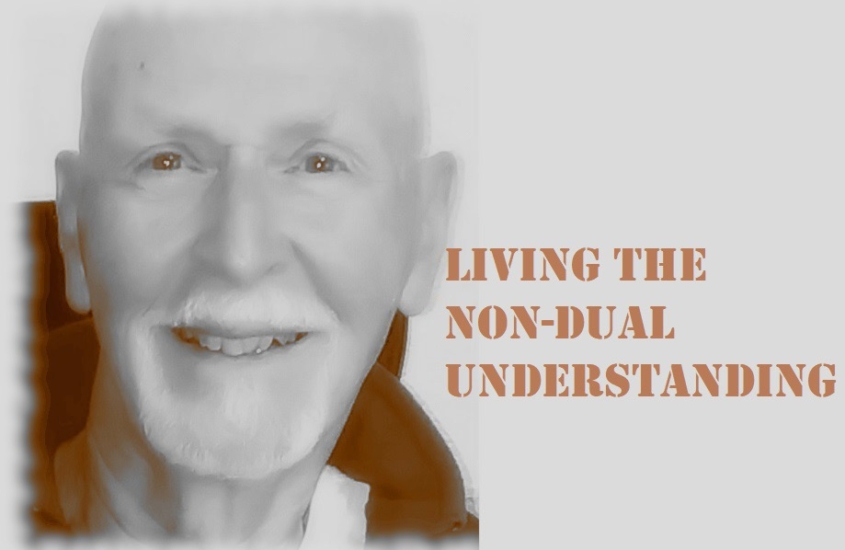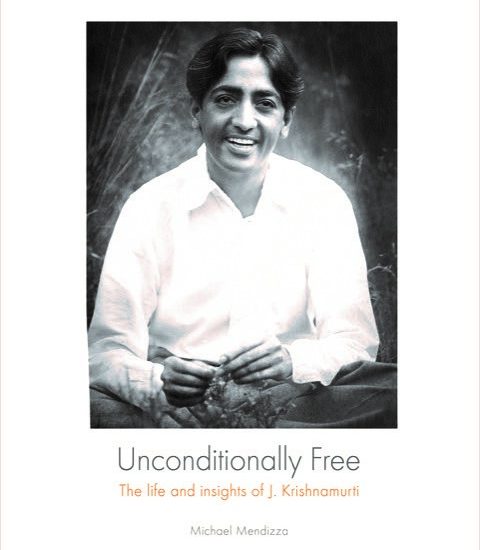The Urgency of Change Dialogue Group, April 18, 2021
The Urgency of Change Dialogue Meeting
Sunday, April 18, 2021
Zoom online
Three members of the group were unable to attend the meeting this month, but the rest of us – ten participants – enjoyed an excellent gathering. The material for assigned study was the two chapters in The Urgency of Change text by J. Krishnamurti entitled “Organization” and “Love and Sex”. The two topics were not as different as they might seem, for they both explored the facts of division and separation within human beings and in their relationships. The process of self observation and self-understanding was also looked into in both chapters in a way that provoked fundamental questions about how we live and how we set about looking at ourselves and our ways of organizing our daily activities.
After beginning with a guided meditation and some silence, we read the last paragraph of the first chapter out loud. We then entered into a discussion of some of the significant questions therein about our approach to self-knowledge. “Where are we going to start?” K asks. “You must start from freedom,” he answers. This stimulated a good deal of conversation and inquiry amongst the group in examining what is meant by these statements. The talk led into other material in the chapters, especially looking at some of the ways we divide our experience and perceptions into images and concepts about who or what we are. We create an “observer” and an “observed”, for example, which division K points out is the basis of all human problems. Other topics explored were the central place of “negation” in K’s approach and the emphasis on seeing what love and freedom are not rather than attempting to develop an intellectual understanding of what they are, which would put us in the limited realm of thought.
There were many insightful contributions from the participants and it seemed to be an interesting and fruitful dialogue, hopefully of benefit to all. The readings for next month are the two chapters “Perception” and “Suffering”, which appear to be linked by some common themes.

